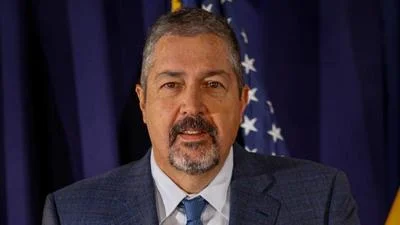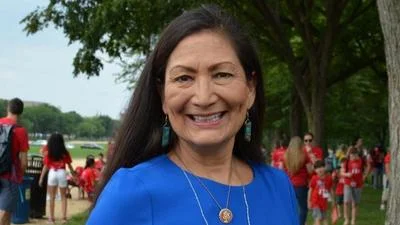Ariana Marmolejo Regional Communications Strategist (West) | Conservation Voters New Mexico
With a committee vote scheduled for early Wednesday morning, the Republican-led reconciliation bill is set to move to the House floor. Conservation Voters New Mexico (CVNM) has expressed strong opposition to the bill. Molly Taylor, Chief Operating Officer of CVNM, stated: “The reconciliation bill is extreme, and out of step with the needs of New Mexico families. It proposes to threaten and gut programs that directly benefit our rural communities, including clean energy investments, public lands, and emergency response."
Taylor highlighted that federal clean energy funding in New Mexico has supported $15 billion in large-scale clean power generation and storage projects. These initiatives have aided renewable energy companies such as Arcosa Wind, Maxeon Solar, ABB, and GeoBrugg. Additionally, funds have been allocated for workforce training programs, wildfire mitigation, forest management, community recovery efforts, and watershed restoration.
Rural areas in New Mexico received $70 million for cleaning up abandoned oil and gas wells. According to Taylor, these investments are crucial for job creation and protecting future generations in New Mexico.
CVNM urges Congress members to reject the reconciliation bill. Taylor warned that supporting the package would harm communities by cutting jobs in energy and manufacturing sectors, increasing home energy costs nationwide, selling public lands to private interests, and imposing a fiscal burden on states while benefiting billionaires through tax cuts.
An analysis of the reconciliation bill indicates it could raise household energy costs by an average of $120 annually over five years and $230 annually over ten years. The Center for American Progress reports that ending federal clean energy investments could increase electricity rates and gasoline prices significantly.
CVNM is a nonpartisan nonprofit organization focused on empowering New Mexicans politically to protect their environment through voter mobilization, elections influence, holding officials accountable, and promoting responsible policies.









